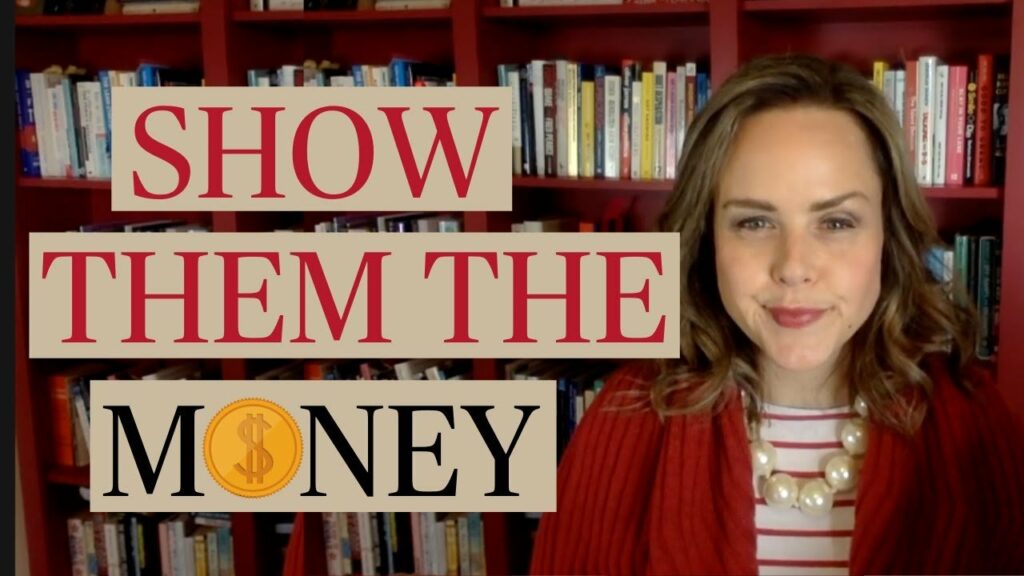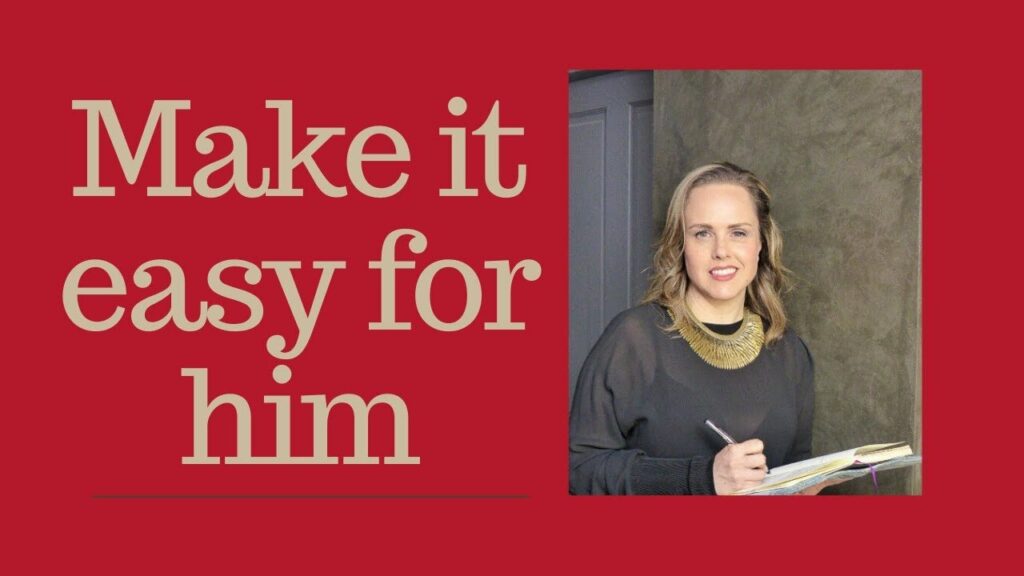How to show you are Confident Woman on your CV comes down to clarifying your monetary value to your next boss.
If you read to the end I’ll also share how even if you are on the charmingly called ‘cost-centre’ side of a business, this too can work for you.
Today we’re talking LESS about confidence that looks like show pony antics like claiming ALL the credit for group projects.
Instead we’re talking about confidence related to your COMPETENCE.
Tip 1
Identify the type, number and monetary value of the tangible projects you delivered.
So this tip is about how to talk about your numbers. We normally spend so much time perfecting the words on our CV or resume, we forget that it’s the numbers most employers will be drawn to. Start by identifying the monetary value of the tangible projects you’ve delivered. I know most projects are indeed team projects and that you alone are not solely responsible for bringing in all that money, but this is a step too many people forget. Yet, simply saying in interviews, ‘I was part of a 4 person team that oversaw a client sheet worth £4.5M goes a lot further than simply writing something wishy washy like ‘Served clients to the best of my ability.’
That second sentence gives no context, but that first short sentence says both how big the team was and how much your contracts were worth. Think money. I’ve had clients in academia and the 3rd sector talk about the value of grants they’ve won, or in the corporate sector, talk about the way they’ve served the sales team, which gave them the tools to bring in another 200,000k in revenue. Or perhaps you work in an area that oversees spend, talk about how big your budgets have been. Everyone’s work has value, think widely about how to tie yours to a monetary value for your organisation.
Okay, so this is a two part tip and if you aren’t part of a team that sells or has an easily identifiable, yet quantifiable metric, that doesn’t mean this tip can’t work for you too.
There are just two ways we can count when talking about money;
- money you’ve made for the organisation or
- money you’ve saved them.
This sounds trickier than it is. However, there are also ways to quantify your results if you are on this side of the coin. So for example, if you’ve been able to trim budgets or find better, but more cost-effective vendors – that too is a metric when compared to what the company used to spend.
Alternatively, you can also talk about potential costly issues you’ve helped them avoid. I had a male client who worked in risk, and he wasn’t exactly sure how to quantify monetarily his work. He was brought in after an accident to tighten the ship.
So we worked backwards, thinking of what it may have cost the company if they hadn’t hired him to avoid those kinds of incidents. We worked to a relatively simple metric of the clean up costs, and in his interview for a promotion, he explained how he’s worked out that value but then was also able to say ‘And 800K savings is before you count the time it took other people off their own projects to work on a fix or any reputational damage. Clearly, my team is just part of the solution but I’d estimate the true number would have been even higher if we had any more of those types of accidents this year.’
This meant his competence shone and he wasn’t just asking for a promotion willy-nilly. And given his name was William, that probably is the right euphemism!
Competence is what we should really be valuing.
However… in the majority of the workplaces I’ve EVER visited….
Confidence (the show pony kind) is valued far too much! And the competent people (like you!) are being overlooked!
This is EXACTLY why I’ve written my third book – The Con Job!
My mission for the book is to change the way we value people.
Let me know if this resonated and keep up to date with the activity around the book by following #morecompetence on Twitter and Instagram.



